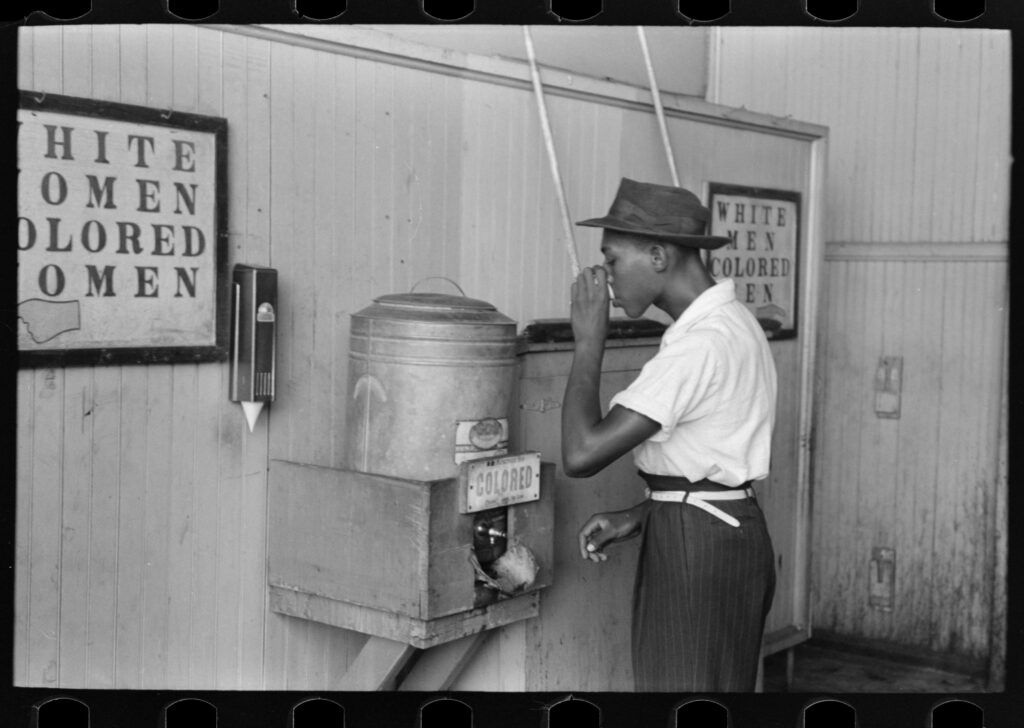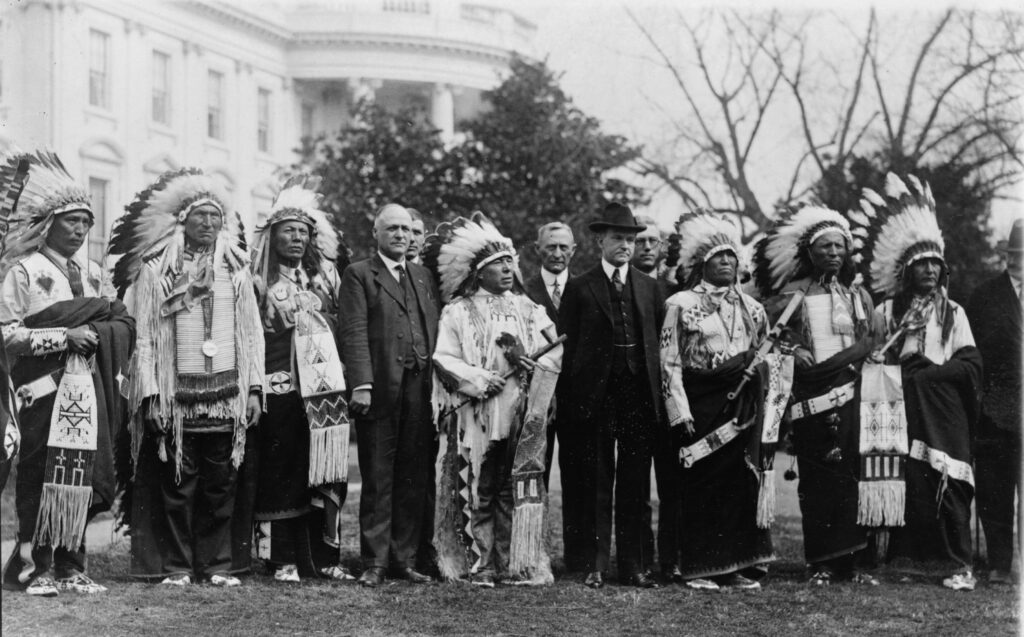Structural Racism

Courtesy of Library of Congress, Farm Security Administration Collection, LC-USF33-002966-M3 DLC.
Racism refers to beliefs, attitudes, and behaviors that support the notion that one race is superior to another. These thoughts and actions have been systematically used to maintain white privilege over blacks and other racial/ethnic minorities, including American Indians, Alaska Natives, Hispanics/Latinos, and Asian Americans and Pacific Islanders.
When public and private institutions such as schools, businesses, transportation systems, banks, courts, and health care develop policies and practices that disadvantage minorities and provide them with fewer opportunities, benefits, and rewards than whites, those institutions are participating in structural racism. Structural racism affects the choices and abilities of minorities to live in communities that are safe, to go to schools that are of high quality, obtain well-paying jobs, and to make use of adequate transportation to get to work. Where people live, go to school, work, and whether they have access to adequate transportation can also affect their health status and access to health care.
Inspired by the high rate of American Indian enlistment during World War I, President Calvin Coolidge signed the Indian Citizenship Act in 1924, which conferred U.S. citizenship on Native Americans. However, U.S. citizenship did not automatically make American Indians eligible to vote in some states, including Arizona, New Mexico, and South Dakota.
